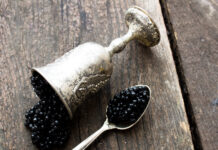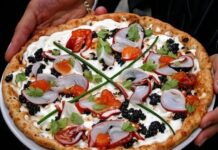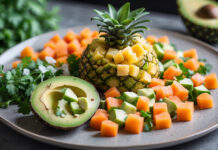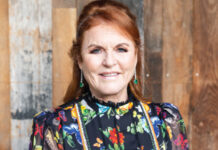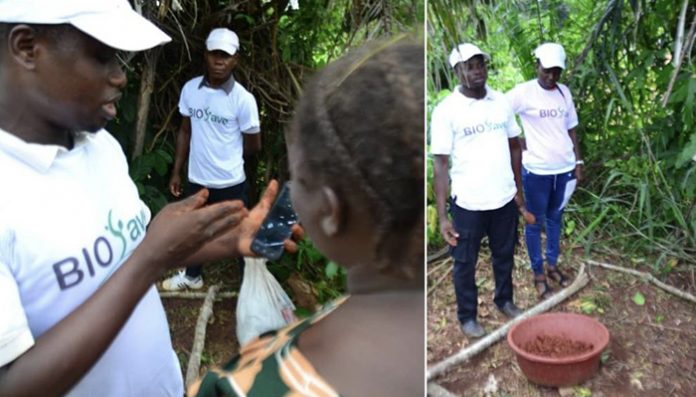
A group of 150 farmers has been taking part in a first trial of the app – dubbed “BioSave” – since August.
Ivory Coast is the leading agricultural producer in West Africa. Ivorian farmers supply the domestic market, as well as exporting to other francophone countries in the region, including Burkina Faso, Mali, Guinea, Niger, Togo, and Benin.
While studying environmental science at Jean Lorougnon Guédé University in Daloa, two students, Konan Jeanne Armelle Manhounou and Guehi Jonas Robert, learned that many farmers were using expensive chemical fertilizers and insecticides without knowing the correct dosage.
Manhounou and Robert wanted to promote cheaper, more environmentally friendly products, so they had the idea of developing an app to teach farmers how to make their own organic fertilizer. In August 2018, they reached out to Kouassi Kotchi Willy Ramses, an alumnus of Jean Lorougnon Guédé University, to help them with their project.
A year later, the three founders finally finished a prototype of the BioSave app. It is currently under trial by a group of 150 farmers from the village of M’bayakro, which is located several kilometers from Daloa.

‘One farmer had completely destroyed his field because he didn’t know the correct dosage for the products that he was using’
Ramses explained to the Observers how the trio had developed the app.
We started by looking into the areas where our application could be useful to farmers. We decided to launch it in M’bayakro, which is on the road between Daloa and Abidjan. When we were talking to the farmers, we found out that the companies who sold them these chemical products (fertilizers, insecticides, etc.) often didn’t give them instructions on how to use them.
One man told us that he wasn’t able to make a living from farming because the chemical products were so expensive. He said he spent nearly 150,000 CFA francs [€228] a year buying them. In another village, not far away, another farmer had completely destroyed his field because he didn’t know the correct dosage for the products he was using.
The farmers in M’bayakro were really interested in our project. At first, some of them thought we were a new company that had come to sell them products, but when we explained that our app would teach them natural methods that would help them be independent, they were really surprised. They wanted to know what we were getting out of it.

Natural products are really important for people like us – consumers who live in the city. Since the 1990s, people in the Ivory Coast have tried to buy food produced domestically. To respond to that demand, farmers tried to increase their yields by using fertilizer. People weren’t really interested in the quality of the product, just where it was produced.
Before showing the farmers the app, we ran a workshop where we taught them about how to sort waste so that they were keeping organic matter that could be used to make fertilizer.
The three founders were able to build this prototype after winning a million CFA francs [€1,520] in Civagrihack, a national hackathon held in August 2018. In September 2019, they won three million more CFA francs [Editor’s note: around €4,570] when they won the 2019 Social Entrepreneur Prize awarded by phone operator Orange CI.
Source: observers.france24.com






